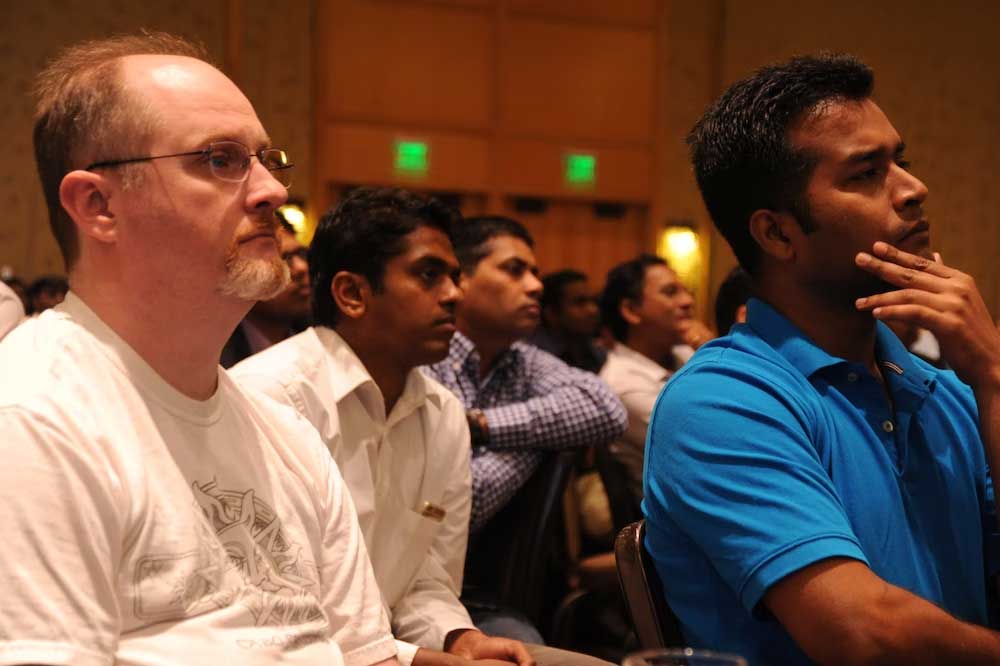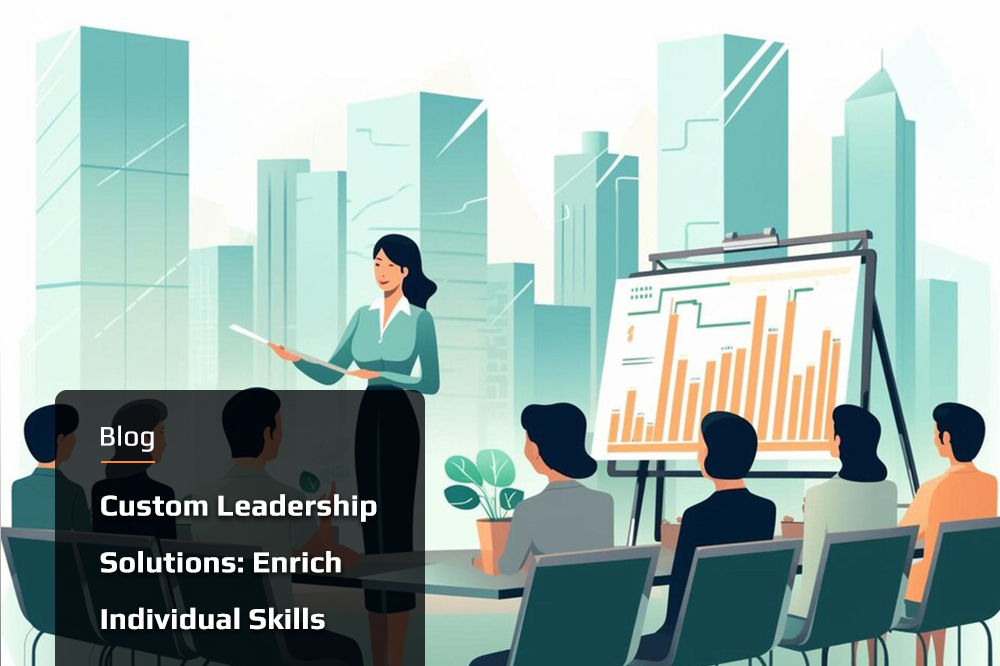Changing organizational culture can be difficult if you do not know what exactly you need to change. For instance, if there is a lot of resistance to change, then you need to work on training your employees on how to manage stress and adapt to change. The agility of your company and its capability to change its direction as and when required in the market is dependent on the people and their behavior. According to Forbes, an overall organizational change is the product of the behavioral changes of managers. Changing a person's behavior is not something that happens in a jiffy; it takes a lot of hard work and practice. Gallup found that 1 in 10 people possesses an advanced talent for management. In this regard, companies require to implement a leadership training program that would work on upskilling managers to deal with uncertainties in the business sector.
What affects organizational culture?
Values and behaviors are what make up organizational culture. Organizational operations and processes also make up the psychological environment that contributes to workers' professionalism and performance. The different factors that affect organizational culture are:
- Leadership – The executive team, which includes the managers of the company, has an immense impact on the success rate of the organization. Leaders should be aware of the rules of the institute and be able to disseminate information clearly to their team members. It is up to the leaders to provide a supportive and collaborative atmosphere by motivating their team members to work harder. In most cases, leadership development in the organization is also initiated by the leader to upskill the workforce.
- The workforce – The pillar of any organization is the people who have been hired to do the job. It is not just a leader who has an impact on the culture of the organization, but it also depends on your coworkers and how they accept the culture and change their behavior accordingly.
- Environment – For a manager, a positive environment is important to perform well. If you work in an office which is very noisy or there is no organization, then your performance will suffer. Therefore, location and other material factors also affect organizational culture, which in turn affects performance.
- Interest in work – It is also crucial that you are interested in the work that you do. If you're not engaged with your responsibilities, then you will not fulfill your duties to your maximum capabilities.
- Behavior and relationship with clients - Clients and customers also impact organizational culture. You will have to cater to these people to bring in revenue. Therefore, leadership development to change your organization's culture is all about adjusting your behavior to the different personalities that you encounter.
Tips on how to upskill managers

Building leadership skills or upskilling already existing skills require a plan of action. Of course, leadership development is all about training and practice. However, the question is what kind of skills are required to be advanced.
- Emotional Intelligence – It is critical to utilize a leadership training program to enhance the emotional intelligence of your managers. Increasing empathy and emotional intelligence is crucial for organizational success and implementing a positive, supportive environment. Managers are supposed to look after the mental well-being of the team members. In such a case, a training program can help you understand motivational techniques to employ when another team member is stressed or underperforming.
- Customizable – Always go for a training program that is customizable according to the organizational needs. Tailor the development according to each need that will further focus on building future leaders who will control their upskilling.
- Formal and Informal – Both kinds of learning should be offered to your employees, which includes formal and informal. Provide them with a range of learning opportunities that cater to different interests and provide knowledge on the different leadership styles.
- Monitor – Track the development of your managers in the company and understand how to make the learning even better. Utilize different experiential learning systems that will give them a chance to practice their skills.
- Communication – Increase their communicational skills by indulging in teamwork and cooperation. Use team building programs to enhance trust between workers and skilled transference.
Conclusion
Leadership development is one of the most crucial functions of any organization in the current world. Building a positive organizational culture that will indulge in peer-led learning and cooperation will help to increase productivity. Therefore, the final tip is to allow your employees to increase their knowledge and build a positive, forward-thinking cultural atmosphere.

YOU CAN’T LEARN ANYTHING FROM A POP-UP.
But you can learn a lot from insightful matters by our experts by getting those delivered to your inbox every month.







Comments